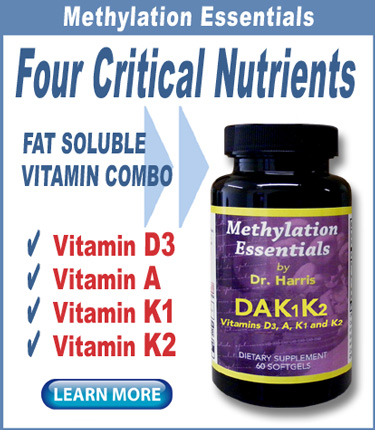People whose diets included high levels of vitamin A had a 17 percent reduction in risk for getting the second-most-common type of skin cancer, according to a new study from Brown University in Providence, RI.
The researchers made the conclusions after analyzing data from two long-term observational studies. The research was done in collaboration with researchers at Harvard Medical School, in Boston, MA, and Inje University, in Seoul, South Korea.
The findings were published in July in the Journal of the American Medical Association Dermatology.
Vitamin A is an essential vitamin that humans need in order to stay healthy, but doesn’t seem to attract as much research attention as better-known vitamins such as vitamins C and D.

Vitamin A not just for eyes
Vitamin A is probably best known for supporting eye health; however, it is also essential for human growth and development, reproductive health and skin health.
Vitamin A is present in many fruits and vegetables, in the forms of beta carotene, alpha carotene and beta cryptoxanthin.
Some fruits and vegetables that are good sources of vitamin A are sweet potatoes, carrots, kale, butternut squash, pumpkin, broccoli, apricots, and papaya—to name but a few.
For the Brown University study, researchers specifically monitored Cutaneous squamous cell carcinoma—the second-most-common type of skin cancer among people with fair skin.
According to Eunyoung Cho, an associate professor of dermatology and epidemiology at Brown University, vitamin A is known to be essential for the healthy growth and maturation of skin cells, but prior studies on its effectiveness in reducing skin cancer have been mixed.
“Our study provides another reason to eat lots of fruits and vegetables as part of a healthy diet. Skin cancer, including squamous cell carcinoma, is hard to prevent, but this study suggests that eating a healthy diet rich in vitamin A may be a way to reduce your risk.”
The research team led by Cho looked at the diet and skin cancer results of participants in two large, long-term observational studies: the Nurses’ Health Study, which followed 121,700 U.S. women from 1984 to 2012, and the Health Professionals Follow-Up Study, which followed 51,529 U.S. men from 1986 to 2012.
Between the two studies, some 123,000 participants were white (and thus had significant risk of developing skin cancer), had no prior history of cancer and completed the dietary reports multiple times.
Among these individuals included in the team’s subsequent analysis, a total of 3,978 cases of squamous cell carcinoma were reported and verified within the 24- or 26-year follow-up periods.
After grouping the study participants into five categories by vitamin A intake levels, the researchers found that people in the category with the highest average daily total vitamin A intake were 17 percent less likely to get skin cancer than those in the category with the lowest total vitamin A intake.
Current RDA appears insufficient
Those in the highest category reported eating on average the amount of vitamin A equivalent to one medium baked sweet potato or two large carrots each day.
Those in the lowest category reported eating a daily average amount of vitamin A equivalent to one-third cup of sweet potato fries or one small carrot.
It is worth noting that even the “low amount” study participants were still consuming an amount above the Recommended Daily Allowance (RDA) of vitamin A. So, if nothing else, the results of this study demonstrate that the government’s RDA is not sufficient protection against skin disease.
Clearly, the vast majority of the population needs to increase its consumption of foods with vitamin A–or skin cancer rates will continue to climb.
Supplementing the diet with a quality vitamin A product will provide even more protection. DAK1K2 from Optimal Health Systems combines 2,500 IU of vitamin A with three other essential vitamins. The end result is a potent supplement providing the critical vitamins most people are deficient in. Review DAK1K2 here.
– – –
Primary sources: Brown.edu, MedicalNewsToday.com.

